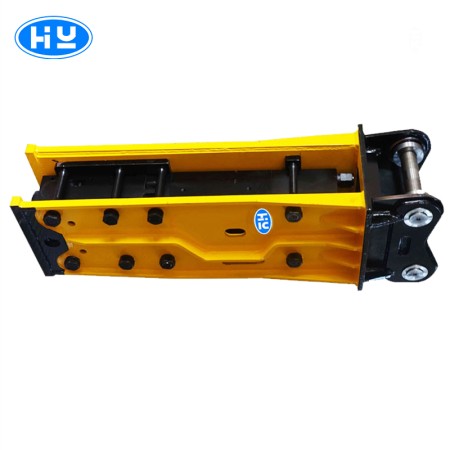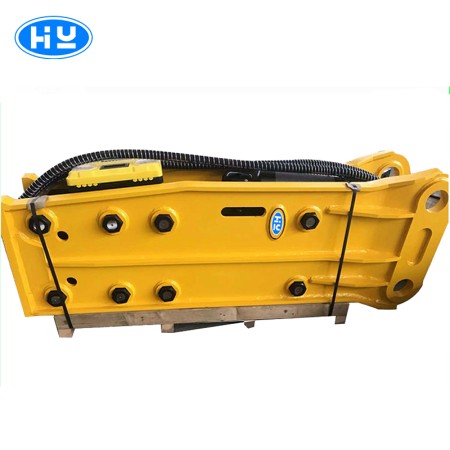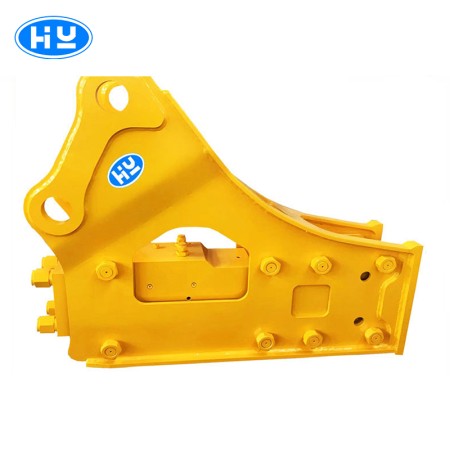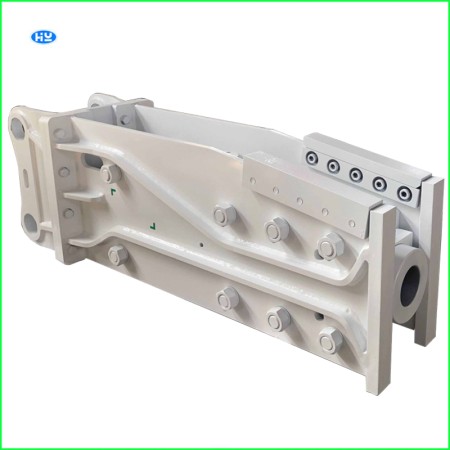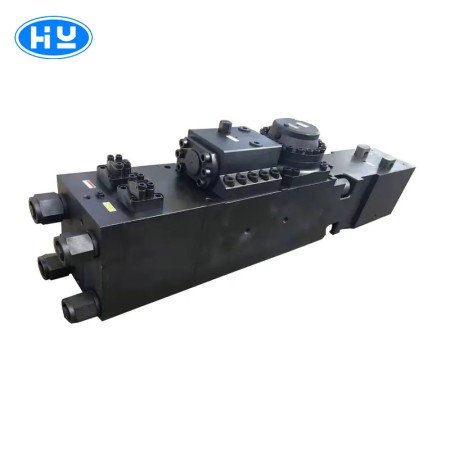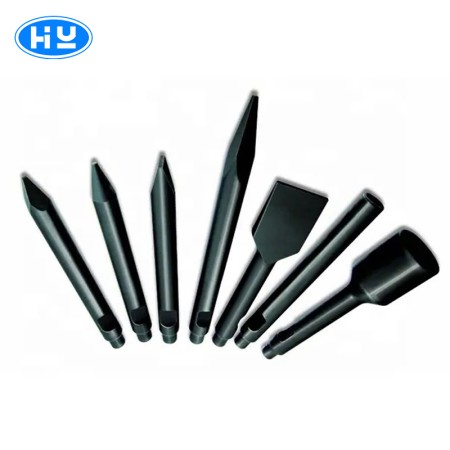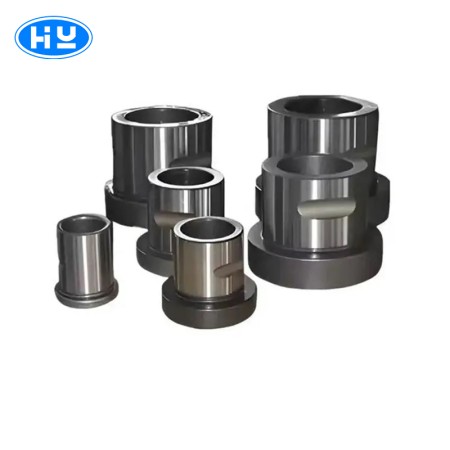Product
News
- Oferta Especial de Año Nuevo: Martillo Hidráulico Soosan SB81 Box Type Silenciado — Fabricación Completa en Zhengzhou Hanyun
- Soosan SB121 Hydraulic Breaker for Chile – Precision Manufacturing from a Full‑Chain Chinese Factory
- High‑Performance Mini Excavator Breaker Hammer — Compact Power for Efficient Demolition and Rock Breaking
- Inside Hanyun’s Production of the SB40 Hydraulic Breaker – Precision Engineering from Raw Steel to Final Assembly
- Zhengzhou Hanyun Hydraulic Breaker — Furukawa HB30G Assembly Precision & Special Offer for Egypt Customer
- Backhoe Demolition 30 Ton Excavator Top Side Box Type Rock Hammer Hydraulic Breakers for Excavator
contacts
Contacts:Jacky Zhang
Phone:+8618937103255
Email:hanyunpsq@gmail.com
Address:No. 167, Xuchang Road, Shangjie District, Zhengzhou City
Knowledge
Hydraulic Breaker Maintenance Guide: Extend Service Life and Improve Efficiency
In construction, mining, and demolition projects, the hydraulic breaker is one of the most essential tools. Whether used for road construction, bridge building, or quarry operations, its performance directly affects efficiency and overall project cost. However, to keep this “power hammer” performing at its best, proper maintenance is vital. Here is a complete hydraulic breaker maintenance guide to help extend service life and improve reliability.
1. Use professional tools for accurate maintenance
The first step in maintaining a hydraulic breaker is choosing proper tools. Professional maintenance tools not only improve efficiency but also prevent accidental damage caused by unsuitable or worn‑out equipment. Always ensure tools are clean and in good condition before use.
2. Keep components clean and properly stored
Hydraulic components require a high level of cleanliness. They should be stored in a dry, dust‑free environment. Before use, clean components carefully with fresh hydraulic oil. Avoid harmful substances such as water vapor, paint thinner, acid, or solvent cleaners, which can corrode or damage internal parts.
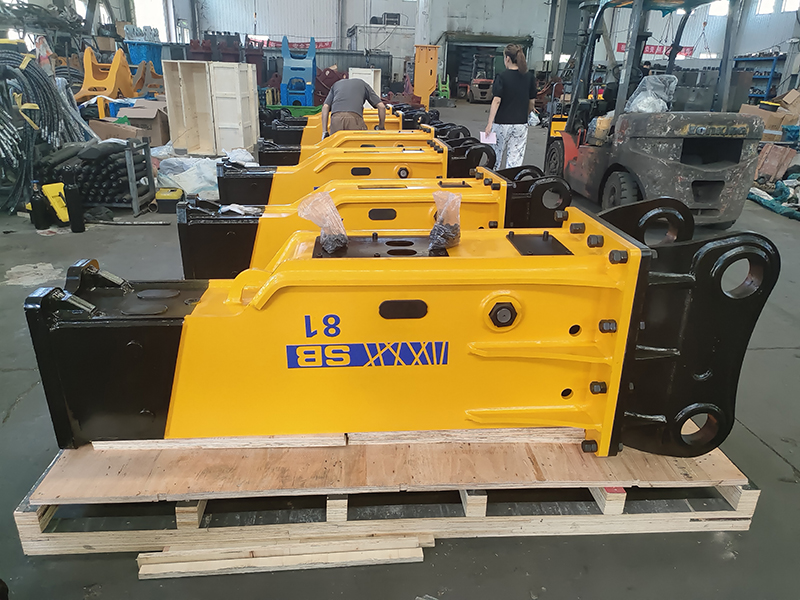
SB81 Box Type Silenced Hydraulic Breaker for Peruvian Client Precision Crafted to Exacting Specifications
3. Pay close attention to sealing elements
Seals such as O‑rings and gaskets may appear small, but they play a huge role in preventing oil leakage. Always clean them with hydraulic oil before installation, and lightly lubricate sliding surfaces. This reduces friction, ensures smooth assembly, and prolongs service life.
4. Maintain hydraulic system cleanliness
A clean hydraulic system is the foundation of reliable operation. Dirt and impurities are among the most common causes of failure. Change hydraulic oil and filters regularly, and monitor oil quality. Using clean oil helps maintain stable pressure and protects vital components like pistons and cylinders.
5. Always prioritize safety before maintenance
Before starting maintenance or repair work, release the gas from the accumulator and remove residual pressure. This prevents accidental injury due to trapped gas or oil pressure. Safety should always be the first rule in hydraulic breaker maintenance.
6. Avoid unauthorized modifications
Hydraulic breakers are complex machines. Any non‑approved alteration may negatively impact performance and compromise safety. When repairs or upgrades are needed, rely on professional manufacturers or certified technicians to ensure correct procedures and quality assurance.
Conclusion
Proper hydraulic breaker maintenance is the key to longer lifespan, lower operating costs, and greater jobsite efficiency. By following these practical steps—professional tools, clean components, well‑maintained seals, and system cleanliness—you will maximize equipment reliability. For complex issues, working with experienced breaker manufacturers ensures professional service and peace of mind, keeping your equipment ready for the toughest jobs.


